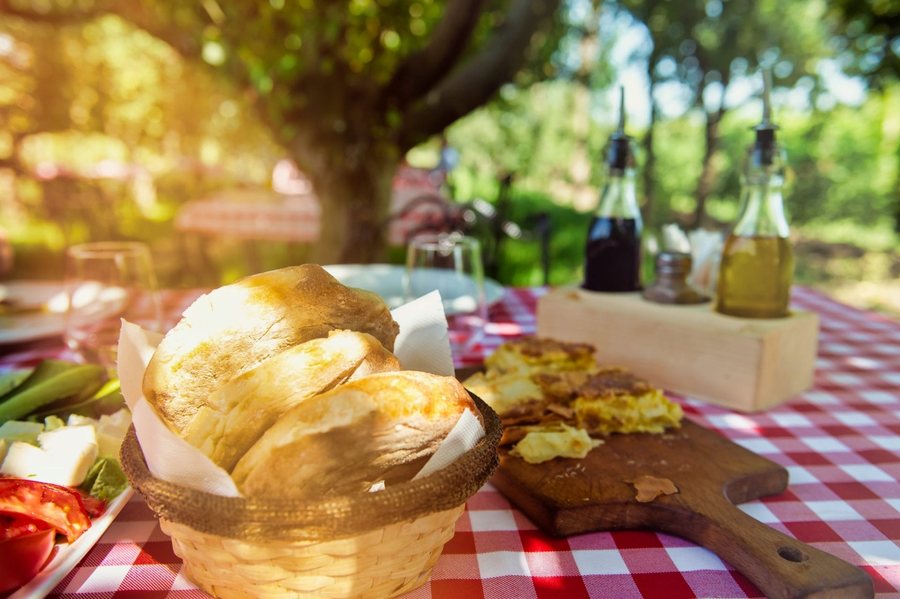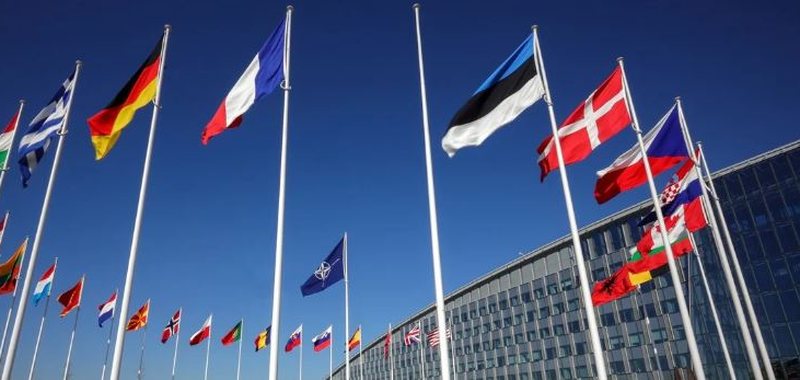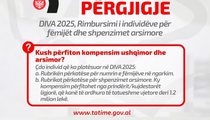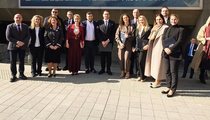How is Albania "feeding" tourists? - Study/ Consumption increases by up to 50%, pressure on production and prices

Tourism is becoming one of the most transformative factors in the food market in Albania. With over 11.7 million foreign arrivals in 2024 according to INSTAT figures, the tourism sector not only contributes to GDP growth, but also significantly affects the structure, volume and seasonality of food demand, especially in coastal areas and those with agrotourism potential.
Referring to a study conducted by "ALTAX", food consumption by tourists has several structural features that directly affect the agri-food chain. First, high seasonal concentration (July-September) where consumption increases exponentially in coastal tourist areas and mountainous tourist areas.
In some places, such as Dhërmi, Saranda, Velipojë, Shëngjin or Theth, the population multiplies by 3–6 times, significantly increasing the demand for fresh produce and logistical affordability.
The focus is mainly on fresh and traditional foods, mainly local, sought after in restaurants specializing in Albanian gastronomy.
Daily food consumption for a tourist averages two to 2.5 times more than the per capita consumption of a local resident in the same areas (based on HORECA market analysis, Gastronomy Association, 2024).
It is estimated that during the season months, total food consumption in the country increases by 10–15% at the national level, but with a high concentration in the regions of Vlorë, Durrës, Lezhë, Sarandë and Shkodër, where the increase can be 30–50% compared to the off-season months.
The study highlights that these areas face limited logistical capacities and lack of supply planning, which puts a strain on local trade networks; Increases in prices of basic products, and episodes of supply gaps.
This sudden increase not only creates supply pressures and higher prices, but also increases the risk of local market distortions, especially when there is no production reserve or infrastructure for rapid collection.
According to the study, without efficient logistics, advance contracting, and diversification of production sources, tourism can create tensions for the resident population's access to food, especially in remote areas where goods are transported from abroad.
In some cases, domestic products are replaced by short-term imports, creating pressure on the trade balance and losing the added value of local potential.
The study highlights that tourism in Albania is a catalyst for increased consumption and transformation of demand, but in the absence of structural preparation, it can lead to disruptions in local supply, seasonal inflation, and social pressure.

Defense spending between NATO and rivals - How do the Western alliance countries rank with Russia and China?
Before the annual NATO summit began this week, allies agreed to increase their defense spending to 5% of gross domestic product (GDP) by 2035. However,......

Germany to raise minimum wage - Decision aims to fight poverty and improve living conditions
Germany will raise the minimum wage in the coming years, dividing the process into two phases. The move is aimed at fighting poverty and improving living......

What is the maximum temperature the heart can withstand? - Hot summer days "challenge" the functioning of the vital organ
Extreme temperatures, exacerbated by the climate crisis, pose a serious threat to human health. The human heart and body cannot cope with continuous heat......

How much does gold weigh in Albania's foreign exchange reserves? - It accounts for 4.66% of the total. Its value reached 316 million euros in May
As a result of the price increase in international markets, the value of monetary gold in Albania has also increased. The latest data from the Bank of......

Implementation of the pension agreement with Italy begins - Balla: Italian authorities, delays in application details. Does not affect the process
Starting tomorrow (July 1), the pension recognition agreement between Albania and Italy will begin to be implemented. All citizens who have reached......

Research highlights media problems in Albania - “Transparency in advertising revenues, DPT to analyze non-payments”
An initiative of the EU Delegation to Albania, carried out by the Council of Europe and the Department of Journalism and Communication, brought together......

Safety, intervention in several road axes - ARRSH opens tenders with a total fund limit of 587 million lek, here are the axes in 3 regions
With a limited fund of 587 million lek, the Albanian Road Authority plans to intervene in improving signage and road safety elements on some of the country's......

Germany plans to create Cyber Dome - Berlin asks Israel for help to strengthen digital defense
Germany aims to expand its partnership with Israel to strengthen cyber defense. Berlin plans to create a Dome to stop digital attacks from adversaries such......


















